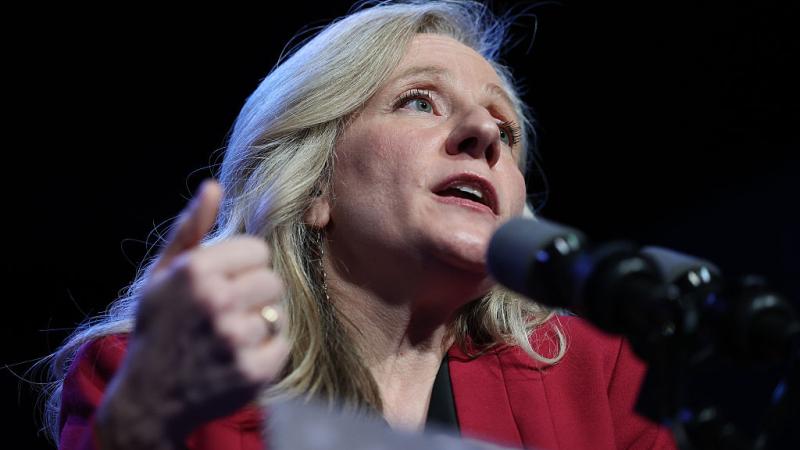Four public West Virginia colleges ‘substantially’ restrict free speech: report
Glenville State College has two policies that fall into report's “red light” classification
Four public West Virginia colleges have at least one policy that "clearly and substantially" restricts free speech and every college has some level of free speech restriction, according to new report.
Glenville State College has two policies that fall into the report's “red light” classification, which means they are policies that both clearly and substantially restrict free speech.
Three other public higher education institutions had one policy that falls into that category – Concord University, Shepherd University and West Liberty University, according to the report by the Cardinal Institute, conducted with the Foundation for Individual Rights and Expression.
The Cardinal Institute for West Virginia Policy describes itself as a non-profit think tank dedicated to "public policies that promote liberty, prosperity and personal responsibility."
The four universities also combined to have 27 "yellow light" policies, which are those that have a more limited restriction on speech or are vaguely worded in a way that could be enforced in a way that restricts speech, the report also concluded.
Every other public college or university has at least one “yellow light” policy.
All but one private university has at least one "red light" policy, with the exception of Alderson Broaddus University, which still has "yellow light" policies.
In total, public and private higher education institutions have 92 policies that restrict free speech. Nearly half of public and private institutions have at least one policy with a red light rating, which is substantially higher than the national average: 18.5%
"Freedom of speech is a core West Virginia value," said Adam Kissel, a senior fellow at the institute. "But Mountaineers are not always free on our college campuses."
The report cites Glenville’s sexual harassment policy as being worded in a way that could stifle free speech.
The report notes that the college considers offensive name calling, jokes, pictures and objects as sexual harassment when done in any setting. However, the report argues that such actions should constitute harassment only if they were part of a pattern of repeated conduct.
The Center Square reached out to the college for comment, but did not receive a response by the time of publication.
According to the report, Shepherd University includes "hate activities" as a type of banned discrimination. The report states that this includes much speech that is protected by the First Amendment.
Dana Costa, the executive director for university communications at Shepherd University, told The Center Square the institution is dedicated to inclusion, social justice and diversity, but that the policies do not encroach on freedom of speech, as defined by the courts.
She said the ban would only apply if the activity was so severe and pervasive that it would deny a student equal access to educational opportunities or benefits provided by the university.
West Liberty University prohibits "hate speech" in online communities and "inappropriate online conduct" according to the report. The report states that what often constitutes hate speech is protected by the First Amendment, to which public universities are subject. It also states that inappropriate conduct is a vague and subjective rule.
West Liberty President W. Franklin Evans said the university protects free speech and values an inclusive learning environment.
"We review our policies on an ongoing basis and plan to continue to do so, as we foster a campus environment that is based on mutual respect, kindness and academic excellence," he said.
The report did not state Concord University’s specific restrictions. But a spokesperson for the university provided The Center Square with the institution's position statement on free and open inquiry, which states that the university upholds freedom of expression, but can restrict expression that is "directly incompatible with the functioning of Concord," such as threats or harassment.
FIRE Director of Policy Reform Laura Beltz said that unconstitutional speech rules at public universities could be subject to litigation.
"Speech codes chill free speech on campus," she said. "Unconstitutional policies harm students and risk costly, embarrassing litigation."
About 10 years ago, FIRE issued a similar report on North Carolina schools, which found that every college or university had free speech restrictions. Since then, about two-thirds of the institutions have reportedly changed their policies to the extent that they now receive "green light" ratings from FIRE.













